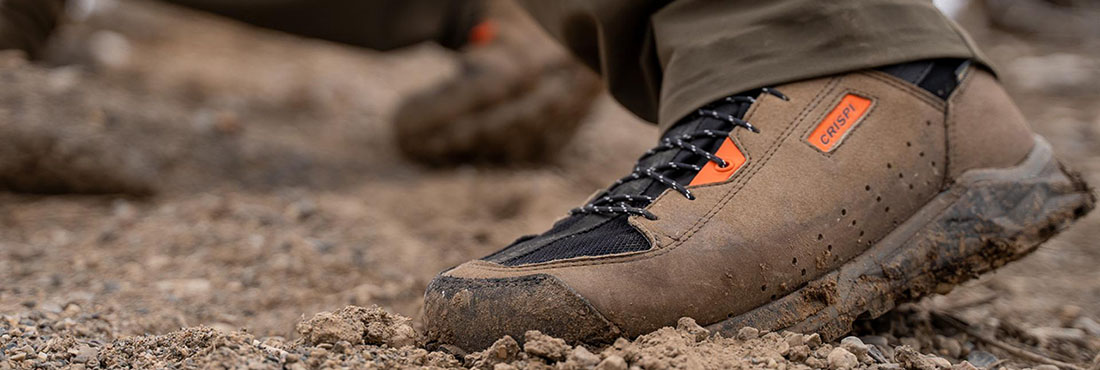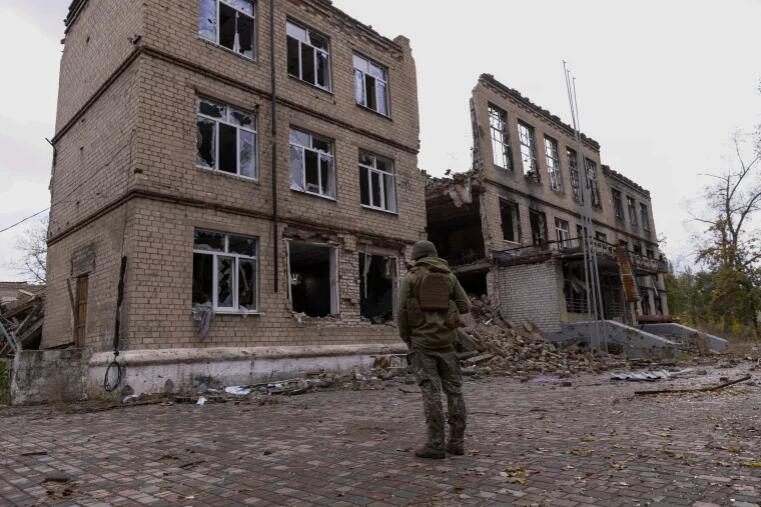Russia sought to break out of its diplomatic isolation, resupply its dwindling weapons stockpiles, and take back the military initiative it lost this year in the 86th week of its war in Ukraine.
Russian President Vladimir Putin met with Chinese leader Xi Jinping to celebrate the 10th anniversary of China’s Belt and Road initiative, which aimed to develop rail, road and port infrastructure across Eurasia to facilitate the export of Chinese goods.
Xi is one of Putin’s few allies, but while there he also met Hungarian premier Viktor Orban, in a symbolic gesture of support for the Kremlin from one of Ukraine’s purported allies.
“Hungary has never wanted to confront Russia,” Orban said. “Hungary’s goal has always been to establish and mutually expand the best contacts,” he said.
More ominously, Putin has been receiving substantial shipments of ammunition from North Korea, the White House said.
National Security Council spokesperson John Kirby said on October 13 that as many as 1,000 containers’ worth of North Korean weapons may have reached Russia between September 7 and October 1.

The Washington Post’s analysis was that shipments had begun earlier, after high-level meetings between Russian and North Korean officials in mid-August, and that the shipments were greater than what Kirby suggested.
Satellite images the Washington Post published on October 16 suggested that two Russian ships had successfully transported cargoes from the North Korean free trade zone port of Rason to Russia’s port of Dunai several times since August.
“This will have a very serious effect on the trajectory of the war [in Ukraine],” Jack Watling, senior research fellow for land warfare at the Royal United Services Institute (RUSI), told the newspaper. “North Korea has the ability to manufacture a lot of ammunition, and it has significant stockpiles,” he said.
North Korea reportedly manufactures 122mm Grad rockets and 122mm artillery rounds.
Kirby also said Russia may have reciprocated in kind. Pyongyang has sought “fighter aircraft, surface-to-air missiles, armoured vehicles” and “ballistic missile production equipment” from Russia, he said, and there was evidence that Russian containers had flowed towards Pyongyang.
Putin and North Korean leader Kim Jong Un have been wooing each other for some time.

Putin met Kim at the Vostochny Comsodrome in Russia’s far east on September 13. Kim was reportedly interested in Russian satellite technology, and pledged to stand with Russia in the “fight against imperialism”.
North Korea failed to launch spy satellites in May and August because of second- and third-stage flight issues.
The relationship appears to be warming.
Russian Foreign Minister Sergey Lavrov arrived in Pyongyang on October 18 in apparent preparation for a trip by Putin.
Russia said it could decide to provide the same long-range, nuclear-capable ballistic missile technology Kim is interested in to Iran. A 2015 ban on the transfer of such technology expired on October 18.
“Supplies to and from Iran of products falling under the Missile Technology Control Regime no longer require prior approval by the UN Security Council,” Russia’s foreign ministry said in a statement on Tuesday.
Ukraine also received military technology during the week.
On Tuesday, October 17, the Pentagon confirmed that all 31 M1 Abrams tanks it had pledged were on Ukrainian soil.
On the same day, Ukraine fired the first 18 Army Tactical Missiles (ATACMS) sent by the US, with 160km (100-mile) range. The missiles apparently landed on airfields in the Russian-occupied port of Berdyansk and Russian-occupied Luhansk city.
Russia tries to break through in the east
Russian forces launched a new effort to capture the eastern city of Avdiivka on October 10. They have long succeeded in forming a pincer to its north and south, but Ukrainian defenders have held them at bay.
Russian forces attacked with armoured assault units, helicopters and concentrated artillery in 10 or 12 directions at once, said the head of the city’s military administration, Vitaliy Barabash.
Artillery barrages were so continuous as to prevent rescue crews from recovering the bodies of those killed.
“They are striking with everything they have. Bouts of shooting, artillery, multiple rocket launchers, mortars and a lot of aircraft,” Barabash, told national television.
“Operations cannot take place in such conditions. It is frightening to leave because the road is under fire. And no easier to stay as there is no place, no basement that can withstand the strikes.”
Russian forces had captured 4.52sq km (1.75sq miles) around Avdiivka and were 5.25km (3.2 miles) and 3.32km (2.06 miles) away from key Ukrainian supply routes to the north and south, respectively, assessed the Institute for the Study of War, a Washington-based think tank.

At the same time, Russian forces were attempting to break through Ukraine’s defences in the Lyman-Kupyansk area, at the northeastern end of the front. The commander of Ukraine’s ground forces, Oleksandr Syrskyi, said there had been a sharp increase in fighting.
“The enemy is preparing, seriously preparing for offensive actions, bringing in staff,” Syrskyi said in the footage posted on the Telegram messaging app. “The main goal is to break through our troops’ defences and recapture our territory.”
Ukraine appeared to be holding its own.
Neither Russian nor Ukrainian sources indicated any major territorial changes, and Russian President Vladimir Putin appeared to temper expectations by calling the action around Avdiivka an “active defence” on national television.
“Both Ukrainian military observers and Russian sources stated that Russian forces did not achieve their desired immediate breakthrough, and Russian forces faced initial high losses and a likely slower than anticipated rate of advance,” said the ISW.
Military observers also assessed that Russia had suffered losses of at least three dozen tanks and armoured vehicles – equivalent to a battalion. National Security Council spokesperson John Kirby said on October 13 that the new Russian offensives near Lyman and Avdiivka “did not come as a surprise,” and said Ukraine would repel them.
Meanwhile, Ukraine kept up its own counteroffensive in the south and east, making marginal advances according to Ukrainian official sources.
Russian sources said Ukraine mounted attacks on the front-line village of Verbove in the south, on October 15 and 16.
Geolocated footage published on October 15 showed that Ukrainian forces marginally advanced towards the railway line north of Klishchiivka, beside the fiercely contested eastern city of Bakhmut.
Ukrainian forces also harassed Russian positions south of Bakhmut on October 14.

Damage to the Baltic Connector gas pipeline was likely caused by interference, said Finnish officials on October 15. The pipeline, which runs between Finland and Estonia was shut down on Sunday.
“It is likely that the damage to both the gas pipe and the communication cable is the result of external activity,” President Sauli Niinisto of Finland said in a statement. “The cause of the damage is not yet clear.”
The incident raised the spectre of sabotage, similar to that which destroyed a section of the Nordstream 2 pipeline in September 2022.
There was good news for four Ukrainian families during the week.
Qatar succeeded in securing the release of four Ukrainian children abducted by Russian forces, after mediating with Russia at Ukraine’s request.
The children, aged two to 17, were to travel to Ukraine via various routes after reaching Qatar’s embassy in Moscow. Two had already arrived home on October 16.

